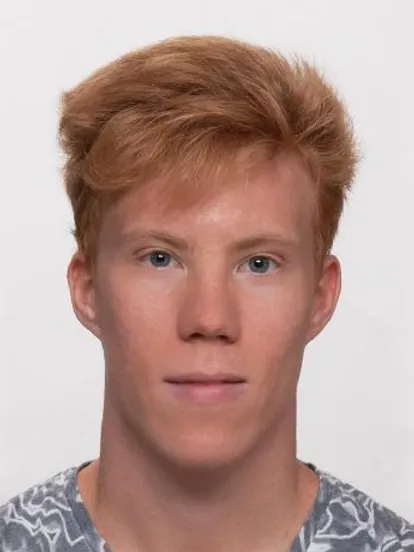Gabriele Cesa
Gabriele Cesa is a Research Associate at Qualcomm AI Research, Amsterdam and a PhD student at University of Amsterdam, under the supervision of Max Welling. Gabriele’s research focuses on augmenting machine learning methods with prior information about the geometry of a problem to achieve improved data efficiency and generalization. A particular emphasis has been given to equivariant neural networks, which can encode our knowledge about the symmetries in the data into the model’s architecture. Previously, Gabriele received a Master degree in Artificial Intelligence at the University of Amsterdam, Netherlands and a Bachelor degree in computer science at the University of Trento, Italy.
Project
Steerable CNNs [1] and, in particular, Euclidean Steerable CNNs [2, 3] provide a general framework for building neural networks which are equivariant to groups beyond translations, for example reflections and rotations. Euclidean Steerable CNNs rely on standard convolution with steerable filters, i.e. filters satisfying a steerability constraint [2, 3, 4]. Filters are typically parameterized by linear combination of a steerable filter basis [4], obtained by analytically solving the steerability constraint. However, we note that if the filter is parameterized by an implicit MLP [5] (e.g. for point cloud data), the steerability constraint just requires the MLP to be equivariant. This suggests a simpler way to build steerable CNNs, which does not rely on the polar decomposition of the filters and spherical harmonics. Moreover, this strategy enjoys the flexibility of the implicit neural function, supporting wider filters with limited parameter cost. Since no steerable basis is required, this approach can also be easily extended to different equivariance groups with minor changes, provided an equivariant MLP can be built. We will explore applications for point cloud data (with full rotational symmetries or with only azimuthal symmetries) and molecular data.
References [1] A General Theory of Equivariant CNNs on Homogeneous Spaces, Taco Cohen and Mario Geiger and Maurice Weiler [2] 3D Steerable CNNs: Learning Rotationally Equivariant Features in Volumetric Data, Maurice Weiler and Mario Geiger and Max Welling and Wouter Boomsma and Taco Cohen [3] Tensor field networks: Rotation- and translation-equivariant neural networks for 3D point clouds, Nathaniel Thomas and Tess Smidt and Steven Kearnes and Lusann Yang and Li Li and Kai Kohlhoff and Patrick Riley [4] A Program to Build E(N)-Equivariant Steerable CNNs, Gabriele Cesa and Leon Lang and Maurice Weiler [5] PointConv: Deep Convolutional Networks on 3D Point Clouds, Wenxuan Wu and Zhongang Qi and Li Fuxin
